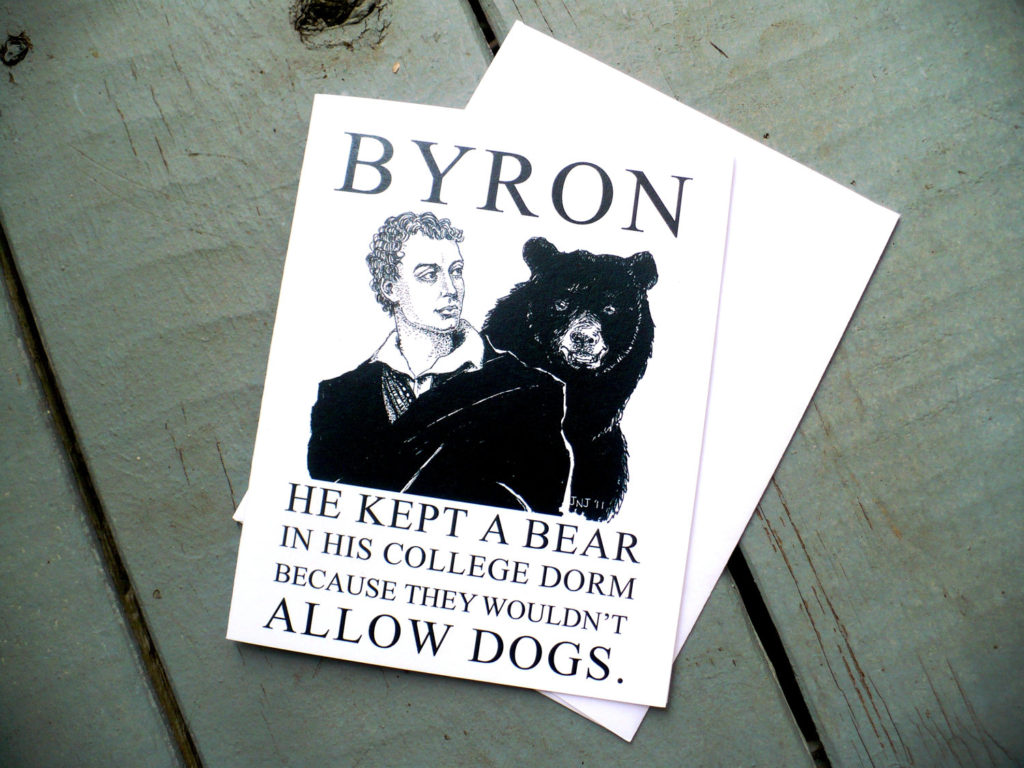When the summer school wrapped up earlier this month, I came back to China to see my parents. Since I went to the UK and they could stop reminding me, daily, that it was time to wake up, to go to school, to do my homework and to go to bed, they were much happier to see me. Distance did create attraction, it seems. Not to mention that I was going to be a Cambridge student, the first one amongst the neighborhood. Finally, I had become that neighbour’s child who would earn admiration from everyone else.
(My sincere apologizes if I was introduced to you by your parents as that neighbour’s child you should learn from. Whatever you were told was unlikely to be true. I have yet to meet a child who prefers to study than to play in real life. I was certainly not one of them. If I was somewhat driven, it was trying not to fall behind too much. And I definitely did not enjoy reading The Economist at the time. Except that BMW X5 ad in each issue, I hardly understood a thing. If your parents force you to read it, just make sure they read it as well to socialize the pain.)
Waiting for me at home were also a few mails from University of Cambridge and Trinity College. Inside, there were welcome packs with all sorts of information and to-do lists before the term started in a few weeks’ time. Apparently, Cambridge had not one but two definition of terms, one administrative and the other academic. While the three administrative terms per year were ten weeks each—similar to those of schools—the academic terms were much shorter. They were only eight weeks each in both fall and winter terms and four weeks in the summer terms. Teaching only took places within these twenty weeks or 100 days a year. This was excellent news. However difficult Cambridge was going to be, the whole undergraduate experience would be all over in 300 days. How hard could that be.
What also caught my eyes was the “White Book”, which contained Trinity’s rules and regulations for her students. At nearly 100 pages in length, it was a small “book” indeed. Some rules were easy to understand, such as “obedience to college authorities” and “obligation to identify oneself to college and other authorities”. Growing up in China, I would not expect otherwise from a university.
But others were less so. One university rule stated that all students had to live inside the university’s precincts within term time. The precinct was defined as within 3 miles radius from the university church for undergraduates. Until I read the rule, I never thought about living far from the university, but where were these exact numbers from?
Before long, I found the answer in another rule. It said that to maintain good order and discipline in the university, some of the university officer had powers equivalent to those of Police Officers within five miles of the university church. Now, the three miles’ radius residence rules made a lot more sense.
And let me go back to read those rules I just skipped over. Just in case, you know.

PS: Later on, I found out why the college had to have such strict rules. It was not always the case. For example, it used to say just no dogs allowed inside the college. Then one student, being unhappy with that decision, went and purchased a bear. He took the bear to live with him in the college, walked it around on a chain, let it drink water from the fountain and even tried to apply for the bear to become a student at the college. Understandably, the rule was changed to no pet/animal of ANY KIND since then. However, this incidence didn’t stop the statue of the student, Lord Byron, to be displayed inside the college chapel even today.